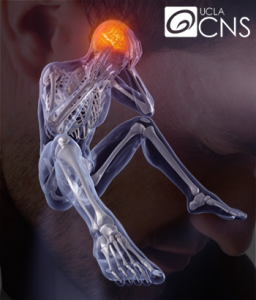Brain Gut Microbiome Research Program

Mission: To characterize the complex interactions between the gut, its microbiome and the brain in health and chronic diseases of the GI tract and the brain. Background: Despite an extensive body of reported information about peripheral and central mechanisms involved in the pathophysiology of IBS symptoms, no comprehensive disease model has emerged that would guide the development of novel, effective therapies...
Functional GI Disorders Program

Mission: To establish a state-of-the-art research and patient-centered care program that works to diagnose, treat and understand the root causes of functional gastrointestinal (GI) disorders to improve the lives of patients suffering from these medical conditions. Background and Rationale: Functional GI and motility disorders, such as irritable bowel syndrome (IBS), constipation, dyspepsia, gastroparesis and chronic abdominal pain are the most commonly diagnosed GI conditions in clinical practices...
Ingestive Behavior and Obesity Program

Mission: To identify the underlying mechanisms of maladaptive ingestive behaviors.
With the exceptions of rare endocrine disorders, people become obese because they consume more calories than they expend. This is not news. Diet and exercise specialists have known this for over a century. However, not only have they failed miserably at solving the problem, it has reached crisis status, so the focus needs to shift...
Pain Research Program

Mission: To advance our understanding of brain-body interactions important for the development, maintenance and alleviation of chronic pain. The Clinical Problem. Chronic persistent pain represents one of the most costly and difficult challenges facing our health care system. The prestigious Institute of Medicine recently reported that that chronic pain affects 116 million American adults and costs the nation up to $635 billion each year in medical treatment and lost productivity...
